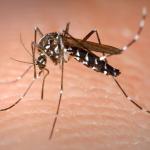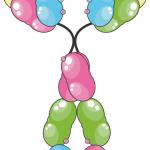In March of 2016, a game called "Tom Clancy's The Division" was released.
Biomedicine & Biotech
In the 1996 film Multiplicity, Michael Keaton plays an overworked construction worker who gets cloned so that he can spend more time with his family.
For the most part, algae, that green ooze found floating on various bodies of water, has long been considered a temporary issue. It blooms into an annoyance and eventually dissipates, and disappears.
A review paper (1) recently found that organic crop yields are 19-25% lower than conventional systems.
Alzheimer’s Disease is so frustrating to its victims, their caregivers and to physicians and scientists looking, at this point, vainly for effective treatments.
A salmon that grows slightly faster than other salmon,
During a panel discussion I was once asked, if I could change one thing about agriculture in Canada what would it be? My answer, I would remove labels.
Suicide prevention is an inexact intervention. People who have attempted suicide previously, make plans to commit suicide, or talk about committing suicide are often considered high-risk.
Spend enough time with another person, and you begin to pick up their mannerisms. Such behavioral "synchronization" is a mechanism by which we build social cohesion.
Should you be unfortunate enough to suffer from asthma, things are looking up. There are new biological therapies out there that "attack" asthma in novel ways. They are effective and are badly needed.












